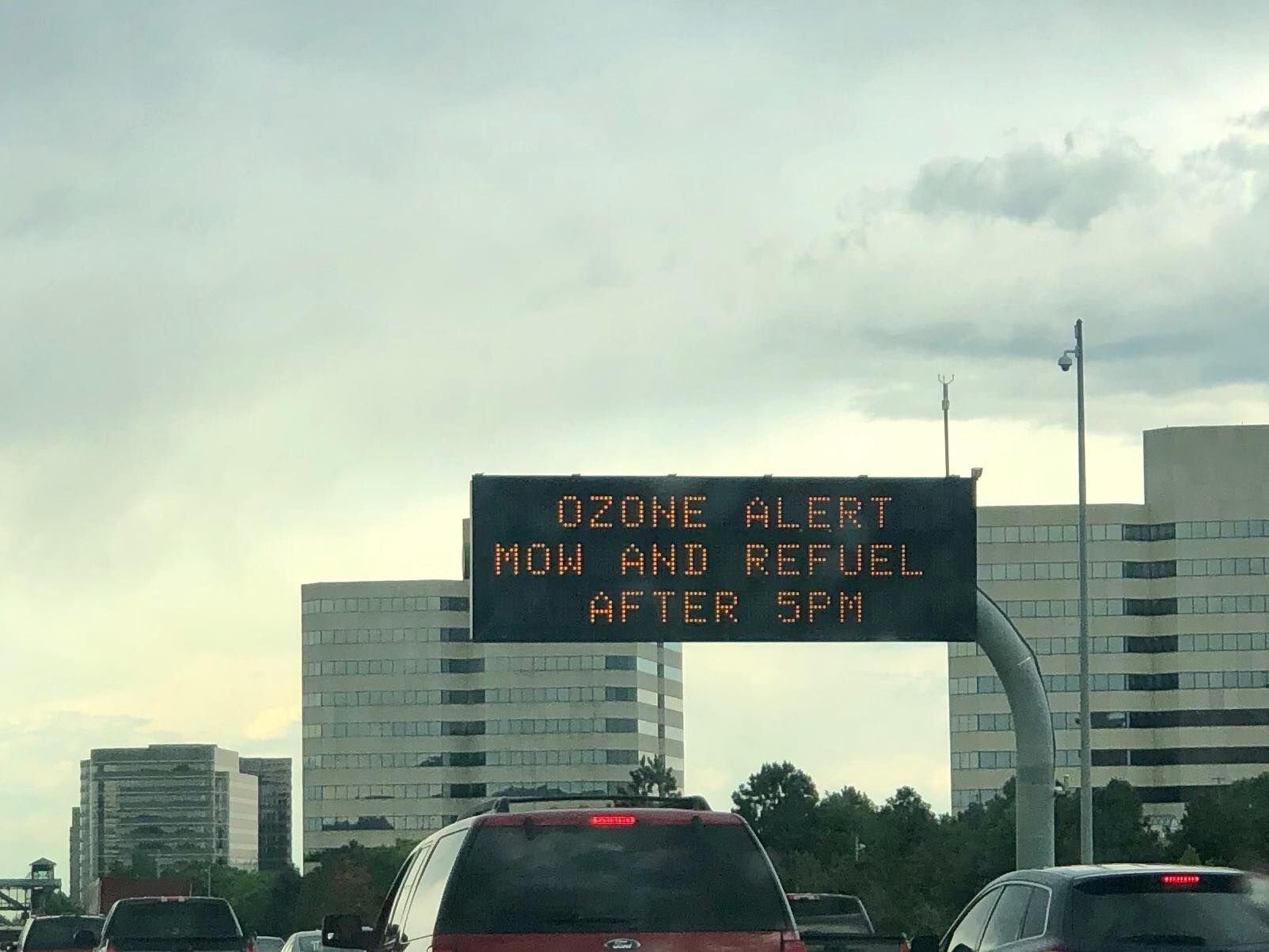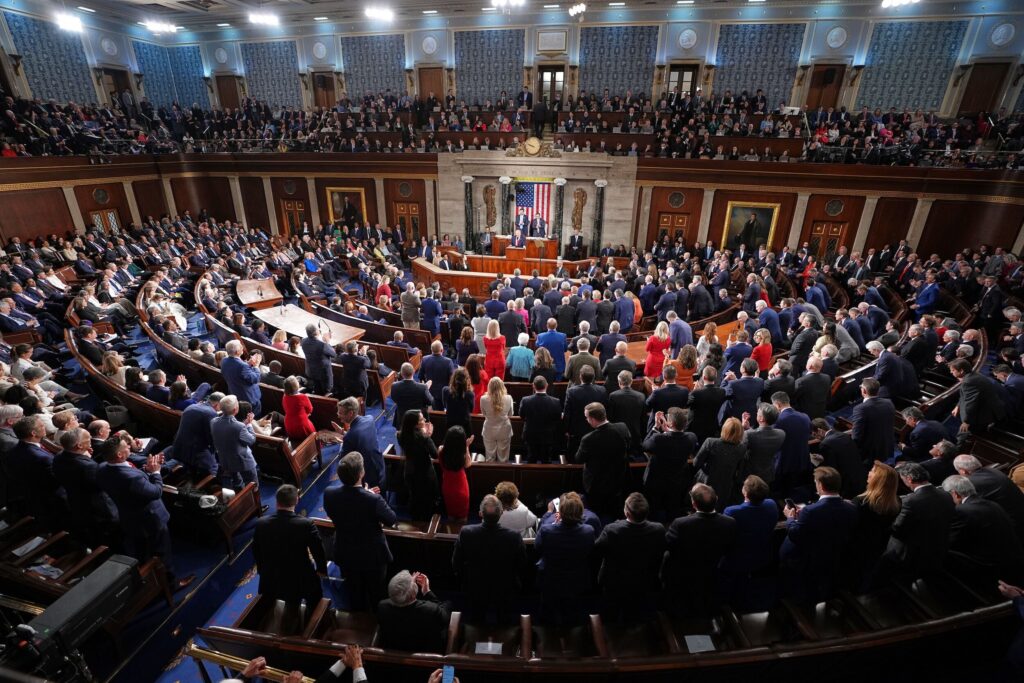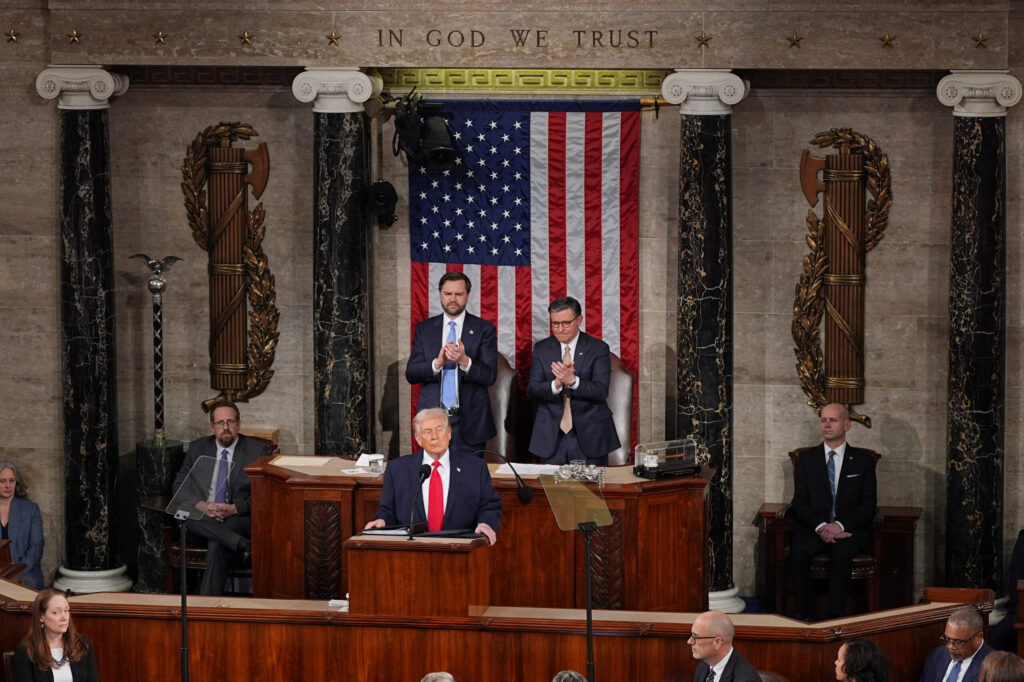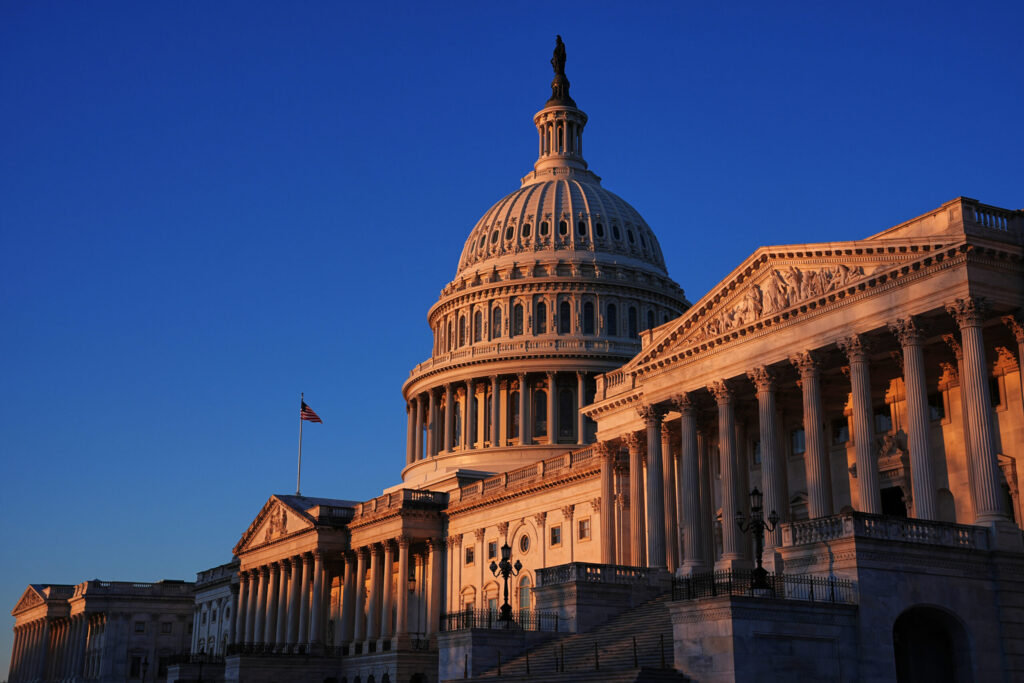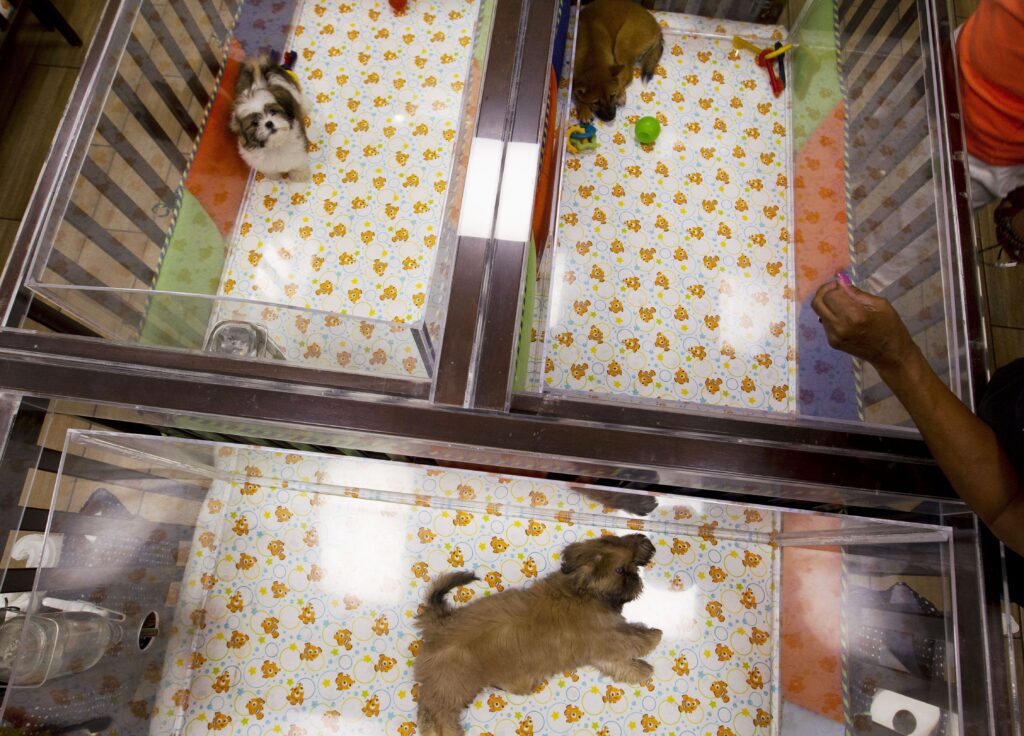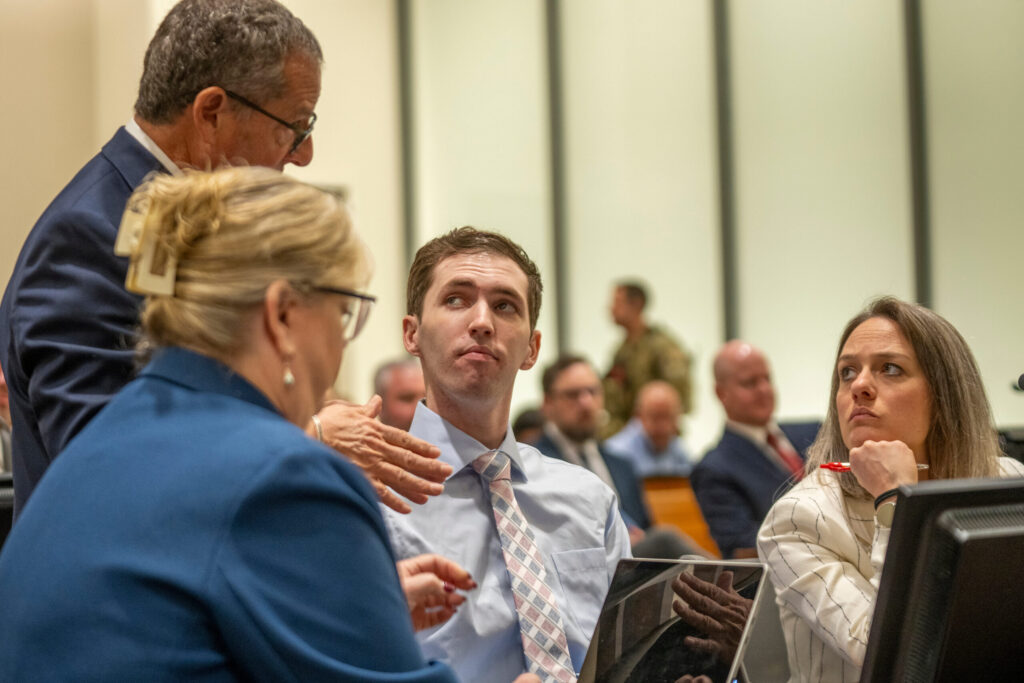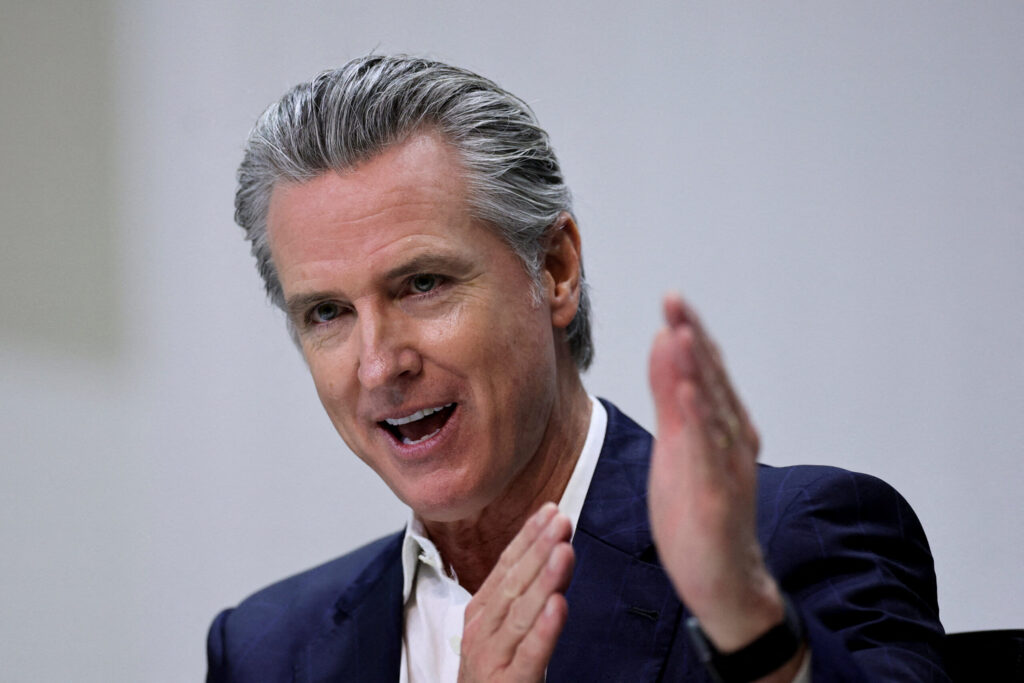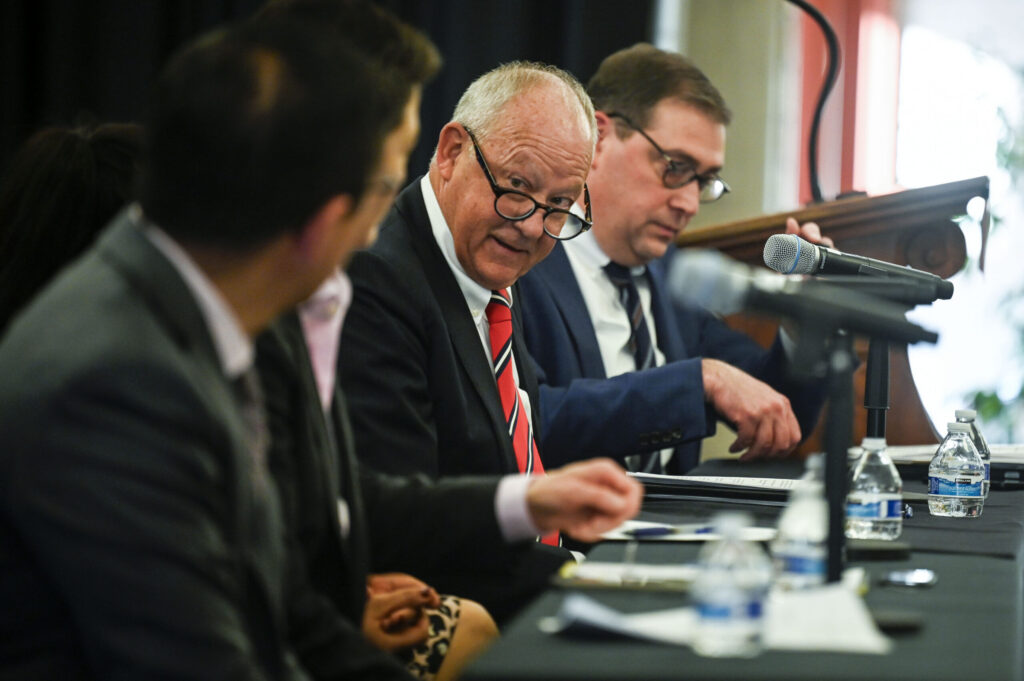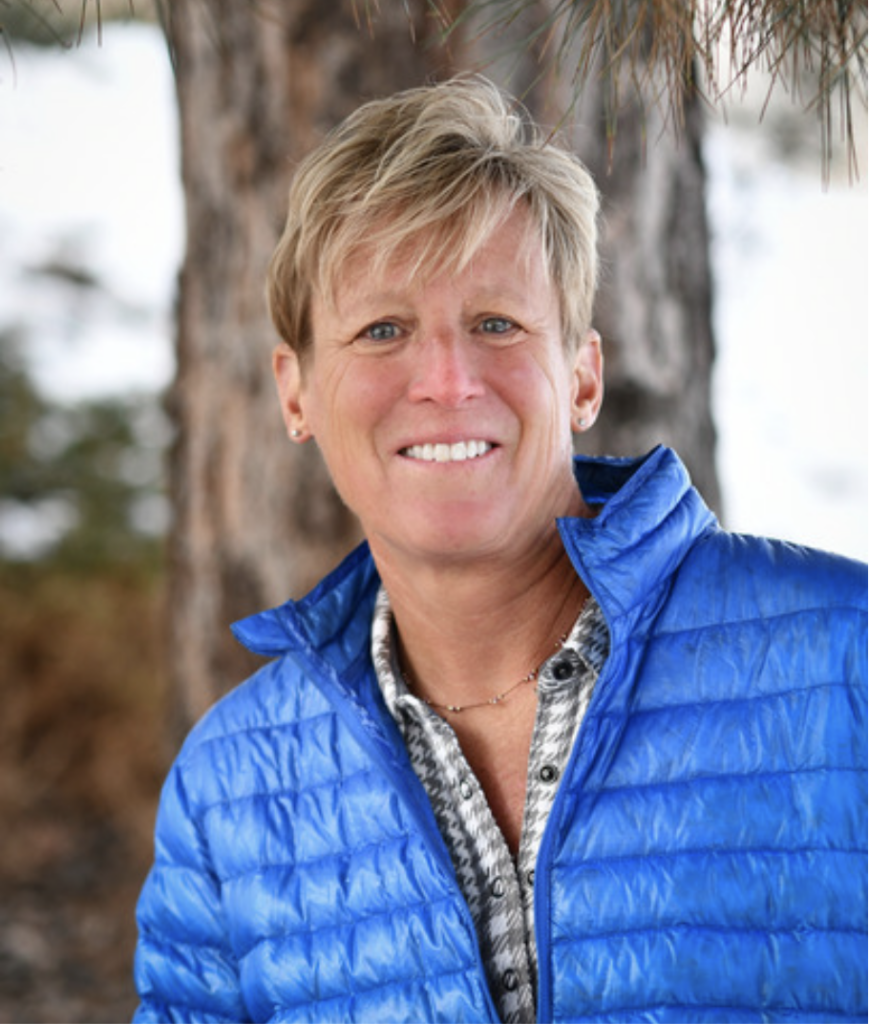Ozone control bill headed for Polis’ signature
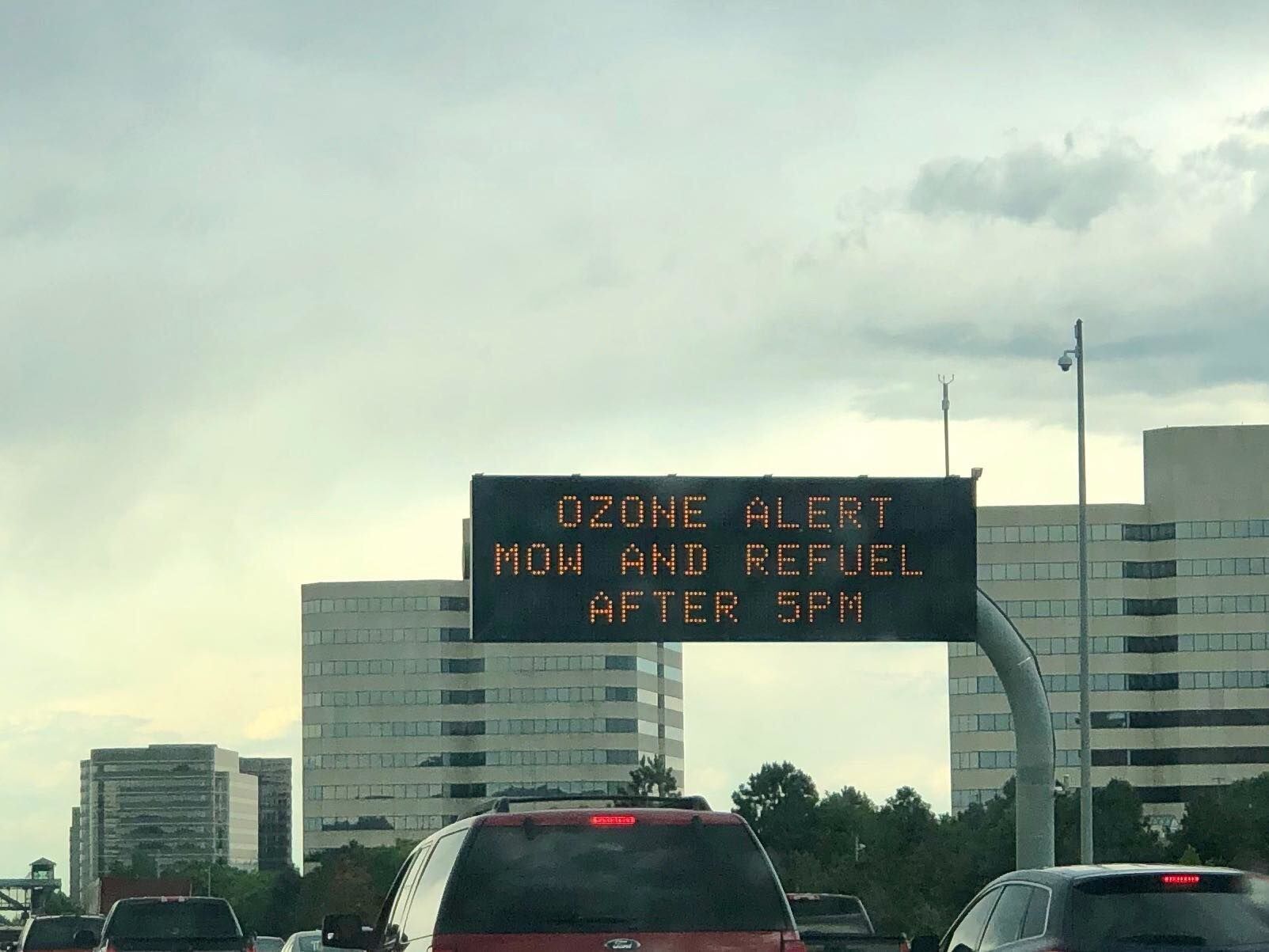
A heavily amended bill now awaiting Gov. Jared Polis’ signature intended to cut down on ozone pollution makes major changes critics said would result in far-reaching repercussions. They allege it would handicap not just the oil and gas industry, but also other companies in Colorado – and do little to reduce summertime ozone.
The bill’s sponsors said the legislation is necessary because Coloradans, particularly people of color and residents of low-income communities, have long suffered from high levels of ozone pollution, which is connected to severe health effects and premature death.
At the House Energy and Environment Committee hearing on HB 1294 April 20, Rep. Jenny Willford, one of the four sponsors of the bill named “Pollution Protection Measures,” said minor sources are a significant driver of ozone pollution.
“Colorado has thousands of minor sources including many oil and gas wells, but because they’re deemed minor permitting of minor sources is fast-tracked and the state does virtually no air quality analysis before approving these permits,” Willford said.
Oil and gas industry representatives claim that the majority of ozone and ozone-forming chemicals that settle along the Front Range come from uncontrollable natural sources like forest fires and methane-emitting wetlands or are blown in from the west, from both domestic and international sources.
“House Bill 1294 was never a serious attempt to lower ozone, but instead was put forward to add significant, and unnecessary, requirements on Colorado businesses through the air permitting process,” said Dan Haley, president and CEO of the Colorado Oil & Gas Association, in a statement. “Proponents of HB 1294 have claimed oil and gas contribute upwards of 40 percent of Colorado’s ozone pollution, but there is no evidence of this. Nowhere in the non-attainment area does oil and gas account for even 10 percent of total ozone pollution.”
Willford countered, saying in November state analysis determined that 45% of oxides of nitrogen and 41% of volatile organic chemicals – both substances that create ozone when exposed to sunlight – came from the oil and gas industry.
In the fall of 2021, during the COVID-19 pandemic, modeling data from the Regional Air Quality Council showed that of the seven air quality monitors that exceeded the federal ozone limit of 75 parts per billion, between 36 and 39 parts per billion were attributable to out of state sources, said Christy Woodward, senior director of regulatory affairs for the Colorado Oil and Gas Association at the April 20 hearing.
Sarah Blackhurst, president of Action 22, a public policy chamber of commerce for 22 counties in southern Colorado, said previously that the organization opposes the bill.
“Colorado businesses are already working hard and making sacrifices to comply with existing air quality standards,” Blackhurst said. “The bill requires new pollution modeling simulations for several categories of permits, including but not limited to dry cleaners, bakeries, warehouses, distribution centers, breweries, rail yards, oil and gas facilities, and any other indirect air pollution sources.”
An existing exemption from penalties for exceeding air pollution limits during equipment startup, shutdown and malfunction was removed in the final version sent to the governor.
Combined with regulations requiring the registration of virtually all buildings or operations that emit any amount of pollutants, making businesses from dry cleaners to fast-food outlets subject to penalties for any violation, could negatively impact Colorado’s economy, bill critics said.
The law would incentivize people to use air pollution complaints to divert and distract the resources of the agency and harass business owners unnecessarily, said Paul Seby, a Denver environmental and natural resources lawyer.
“Any business other than a home can be the subject of a citizen complaint that can form a citizen lawsuit at the state level,” Seby said in an interview with The Denver Gazette. “That’s never existed in our law before. It’s open season on a wide range of Coloradans to be scrutinized by people who may have ill motives and no idea what they’re talking about from an air pollution standpoint.”
Seby said if the bill becomes law, it is “going to make any Burger King subject to a citizen complaint or lawsuit when they start up their cooking grills for lunch.”
“This bill is not about bakeries, they’re not going to meet that modeling threshold,” said bill sponsor Jennifer Bacon, D-Denver, in a prior interview.
The provision appears to be aimed at other, bigger sources of emissions such as the Suncor Commerce City refinery and oil and gas operations.
But Seby insists that the breadth of the authority granted to the Air Quality Control Commission and the required investigation by the Air Pollution Control Division, leaves open the potential for citizens complaints about any nonresidential pollution source.
“Make no mistake: The special interests behind this measure remain focused on their longer-term goal of driving energy development out of Colorado by any means necessary, and it is incredibly disappointing that lawmakers are willing participants in such a malevolent undertaking,” said Kait Schwartz, director of American Petroleum Institute (API) Colorado, in a statement.
The bill sets up processes allowing anyone to file a complaint against any business the complainant alleges is violating air pollution rules, which would necessitate mandatory investigations and hearings by the Air Quality Control Division – unless “the complaint clearly appears on its face to be frivolous, falsified, or trivial” or it is withdrawn.
“It will require time and resources that the Colorado Department of Public Health and Environment and Colorado Oil and Gas Conservation Commission could otherwise use to make our shared climate goals a reality. Both agencies repeatedly said as much during the bill’s legislative journey, but their objective and well-meaning offerings were discarded in the name of political gamesmanship,” said Schwartz.
The bill sponsors insist that “extraordinary air quality measures” are required to get into compliance with federal law.
